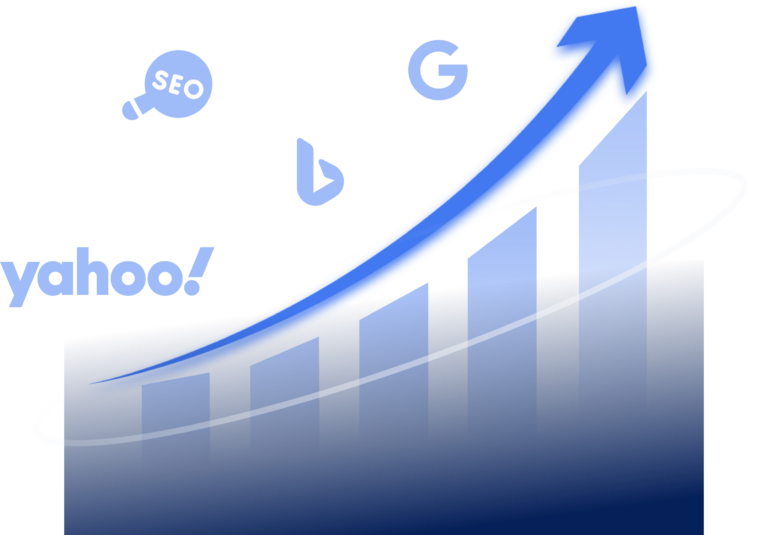The term “big data” is often used in the context of online marketing. This aspect is even essential for search engine optimization. Because if you have a lot of data, you can evaluate it and make optimizations.
What is big data?
The term “big data” refers to data collections that cannot be analyzed using standard data processing methods. This is not common due to the complexity, constant changes and volume. In search engine optimization, however, continuous evaluation is essential in order to be able to optimize successfully.
How technically demanding is big data?
Conventional data storage is necessary to be able to process the considerable amounts of data. Companies such as Google, Apple and Microsoft store data in the pentabyte range and process data in the multi-digit terabyte range. The reason for this is the increase in data volumes, which is growing exponentially, and forecasts on how much data volumes will grow in the future vary. This is also due to machine data generation, which is not only generated in industry, but also in vehicles and, of course, by consoles, smartphones and all other technical applications used in everyday life. big data technologies can process this data and, depending on the area of application, also reproduce it accordingly. New technologies have been developed for these applications, such as Mongo DB, Hadoop and Infobright.
What areas of application are there for big data?
The areas of application for big data are extensive and now relate to every sector of data collection and data processing. In search engine optimization, this data is used to evaluate how rankings are changing, how Google’s algorithm is changing and what trends are (possibly) emerging.Google generates specific data with every search query and can also infer a search intention based on the data and thus design the search results accordingly. Questions can also be displayed for a search term, which may also match the search intention.
What are the advantages of big data in online marketing?
Big data has a significant effect on online marketing, as considerable amounts of data are collected that go beyond the website itself. Big data also makes it possible to gain an exact picture of the target group and therefore adapt content better than ever before. At the same time, an analysis can take place in order to create individualized offers. Those who interpret the data correctly using big data have a higher probability that the advertisement will work and the likelihood of purchase will increase. This applies not only to products, but also to services. The usable data collected in online marketing includes search queries, surveys, social networks, website traffic and visitor behavior, online purchases and mobile usage data.
The following measures can therefore be taken with this data:
- Trend analyses
- Service optimization
- Customer loyalty
- Website design
- Targeted e-mail marketing
- Demand and sales analyses
- Control of advertising campaigns
Targeted data collection is possible with Google Analytics, but also with many other tools of this type.
What are the disadvantages of big data?
The disadvantage of big data is that the data collected can be used as the owner of the data wishes. It is not clear exactly what the data is used for and to what extent it encroaches on private areas. Companies are faced with the challenge of using the data as effectively as possible while at the same time complying with strict data protection guidelines, and the disadvantage that the data loses its informative value due to machine data processing is no longer true. Artificial intelligence and algorithms can evaluate the data almost perfectly – and this is getting better every day.










